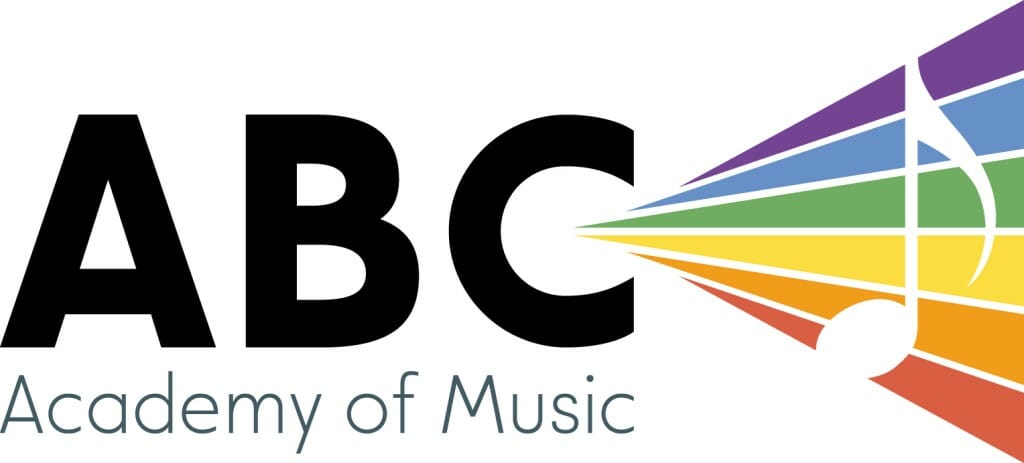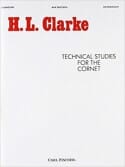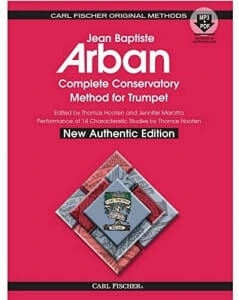B.Mus (Humber College)
A recent graduate of Humber College, Matt has quickly established himself as a respected performer in the city’s music scene. While at Humber, Matt had the opportunity to study with some of Canada’s finest jazz and commercial musicians; Brian O’Kane, Alistar Kay, Shelly Berger and Andy Ballantyne, to name a few.
As an active member in the freelance community, Matt’s playing has taken him to such venues as Roy Thompson Hall, The Rex Hotel and the Jazz Bistro. You can find him leading his own trio in intimate venues around the city, or playing with many different jazz, funk or brass bands around the GTA and other Southern Ontario areas.
Get to know Matt…Beyond the Bio!
Hobbies: Cooking, golf, & coffee making
Musical influences: Clifford Brown, Leroy Jones, Clark Terry, Earth, Wind & Fire, and Chicago
Favourite food: Fish burrito
Least favourite food: My mom’s rice – although, everything else she makes is excellent.
Favourite music: Jazz
Favourite song: It’s Always You
Favourite movie: Spirited Away
Favourite movie music: Indiana Jones Theme
Favourite musical theatre/opera: West Side Story
Best quote from your teacher: “BLOW!” – Alistar Kay
Favourite quote: “They teach you there’s a boundary line to music. But, man, there’s no boundary line to art.” – Charlie Parker
Favourite book: Last Wish – Andrzej Sapkowski
Best thing about teaching at ABC: Sharing my passion for music with youth
Latest Homework from Matt
Is Matt Your Teacher?
Sign up now to get your weekly assignments delivered, and never lose your homework sheet again!
Homework for Feb 3rd
Abi:
Try to smooth out those 5 note lip slurs this week. Use your air to support the sound & go slow; the slurring was much cleaner when you took your time. It will also benefit you to do each interval individually.
Nice job with Mountain King. The accel and dynamic contrast were much more present this week. You can use those concepts – to a more subtle degree – in many other pieces of music. I’d like to hear Turkey In The Straw & line 140 for next week. Try to have all the rhythms and notes ironed out by then.
Matt:
All of your RCM rep is coming together nicely!
Thanks for working through those minor scales with me today. Its best to get a jump on the rest of the RCM requirements before it’s too late! We looked at B minor and D minor today. As a refresher, B minor has 2 sharps (just like D major), the notes are B C# D E F# G A B. D minor has one flat (like F major), the notes are D E F G A Bb C D.
Etude in G/ D are both improving quite a bit every week. This week you had much more of the articulation together which makes such a huge difference. Pay a little closer attention to dynamics this week, and take everything slow! Remember to always take big breaths and play with a beautiful sound.
Also, be aware of when you start to pull in your chin. This creates a lot of tension in your body and sound making it much more difficult to play beautifully for extended periods of time. You want to always have optimal air flow from your core -> open throat -> mouth -> out the horn.
Homework for Jan 3rd 2021!!
Nice lesson! I think soon you’re going to start to see some big improvements (if you keep practicing the way you do). We talked about a lot of things so I’m just going to go over some of the points I made.
Warm up: Do these! The one warm up I mentioned was slurring from G to C and then chromatically descending (F#->B, F->Bb, etc..) Treat these as long tones with a slur in the middle. Soft gentle playing will allow the body to warm up at a proper pace. Warm up the physical body – mouth, lips, abs, air, etc.. – AS WELL as the mind. Go into it knowing what you will achieve in the practice session. Get to a positive & analytical mentality as soon as you play your first note. That will allow you to play more relaxed & for longer because you’re having fun.
Slurs: These are coming along nicely. I think you can master the 4 note slurs and quickly move along to 5 notes. Remember all the ways we approached the high note and decide for yourself which is the best method. Rest on the C and with logic (&patience) you will figure out a way to get upstairs that works the best for you. It’s either going to be air from your gut, pressure from your tongue, or clenching down on your lips – which we both know doesn’t work. If tonguing helps you get the higher notes then use the tongue to get familiar with how the note feels then slur there.
Patterns: Write out diatonic triads in the key of C, and label each triad with what degrees of the scale are in them. Ex: C triad (C,E,G) would be 1 3 5, etc… If you write them out they will start to make total sense. If you have time, write them out in another key too. Your choice.
The other pattern is 3rds. You know these. Get 3 or 4 keys together for next lesson.
Have fun!
Preferred Books for Matt’s Students
Click to buy them here, and they’ll come right to your house! What could be easier?
Technical Studies
This work has been especially written to enable the cornet student to conquer any technical difficulties he or she might encounter in the literature for the instrument. By carefully following the instructions in this book, the student will build up strength and endurance without strain or injury to his embouchure. If this lips remain flexible and the tone is not forced, it will be possible to play easily any note, regardless of the register.
Arban Complete Conservatory Method
The New Authentic Edition of Arban’s Complete Conservatory Method contains the same tried and true comprehensive system of study that Arban developed over a century ago, and this completely re-engraved edition has been painstakingly edited by prominent trumpet performers and teachers Thomas Hooten and Jennifer Marotta, adding some of their own insights with respect to how trumpet is taught today. The Arban Complete Conservatory Method is the definitive must-have for all trumpet players.
BOOK TITLE
COMING SOON
BOOK TITLE
COMING SOON








